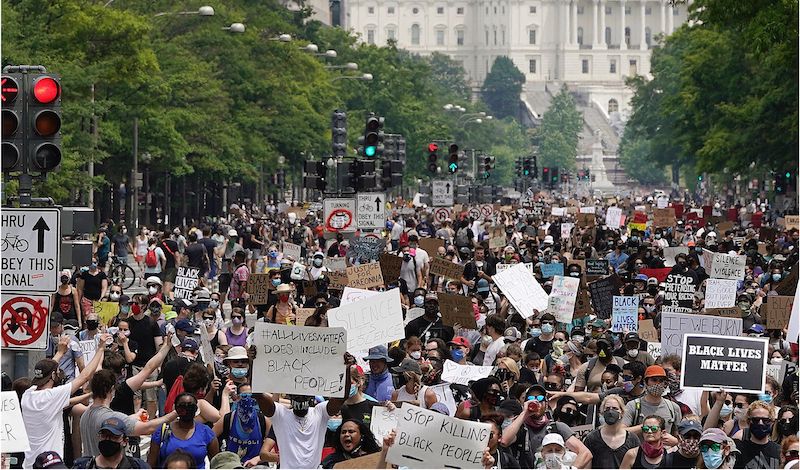
New podcast series examines how regulation has reinforced racism—and how it might combat it too.
The Penn Program on Regulation (PPR) has launched a podcast series, Race and Regulation, focusing on society’s responsibility for ensuring equal justice, dignity, and respect for all people.
In this series, leading scholars show how government regulations across a wide range of policy domains have contributed to racial inequities—and how regulatory changes could help build a more just society.
“When designed well, regulation can in principle serve as a tool for combatting racism,” said Cary Coglianese, the Director of PPR and the podcast’s moderator.
“Through this podcast series, we aim to illuminate important connections between race and regulation so as to improve public understanding of these vital issues and help society on the path toward racial justice,” he said.
The first three podcast episodes, which became available to the public last week, exemplify the range of regulatory domains covered by the entire series.
The first episode features Dorothy Roberts, a preeminent scholar of law and sociology at the University of Pennsylvania. The episode focuses on Roberts’ latest book, Torn Apart, which examines racism in the U.S. child welfare system—a system that Roberts argues unjustly regulates families. Roberts shows how this family regulation system disproportionately and negatively affects people of color, and she argues that it should be dismantled and replaced with a system that better protects children.
“A central theme in any discussion about regulation centers on the power of the state to intervene in private affairs,” noted Coglianese. “Although often these private affairs are conceived of in terms of business transactions, few areas of the law affect people’s lives so personally as the rules affecting families and the power of the administrative state to intervene in family life,” he added.
The second episode in the Race and Regulation podcast focuses on research by Chris Brummer, a law professor at Georgetown University, showing that Black leaders have been historically excluded from the highest positions of leadership in the U.S. system of financial regulation. Brummer argues that the absence of Black leaders within financial regulatory agencies has severely limited the representation of Black communities’ interests in financial policy decisions and reinforced the racial wealth gap in the United States.
In the third episode, Jessica Trounstine, a political scientist at the University of California–Merced, shares the findings of her research on redlining and land use regulation. She shows how racial segregation in American cities is no accident but has followed from land use policies aimed at protecting the property values of white homeowners. Drawing on her award-winning book, Segregation by Design, Trounstine shows that segregation results in serious inequities in access to quality schools and public amenities. But Trounstine argues that, just as segregation resulted from policy choices, desegregation can be a purposeful choice, too, with the right regulatory decisions.
Additional podcast episodes will be released every two weeks throughout summer. These episodes feature: Guy-Uriel Charles of Harvard University on voting rights; Anita L. Allen of the University of Pennsylvania on data privacy; Jill A. Fisher of the University of North Carolina–Chapel Hill on the regulation of pharmaceutical clinical trials; Ming Hsu Chen of the University of California–Hastings on immigration and political participation; Olatunde C. Johnson of Columbia University on vaccination equity; Brian D. Feinstein of the University of Pennsylvania’s Wharton School on regional Federal Reserve bank board diversity; and Daniel E. Ho of Stanford University on antidiscrimination and the administrative state.
“The Race and Regulation podcast seeks to contribute to an essential, ongoing inquiry into how law can build a more equitable society,” observed Coglianese.
The podcast draws on lectures delivered as part of a 2021-2022 lecture series organized by PPR—and the full versions of each lecture can be accessed at PPR’s YouTube channel. The podcast also follows on online symposiums organized annually by The Regulatory Review which examine systemic racism within administrative and regulatory law in the United States.
The series has been produced by Patty McMahon and features music by Philadelphia-based artist, Joy Ike. Listeners can subscribe to the Race and Regulation podcast series via Apple Podcasts, Google Podcasts, Spotify, and other major streaming services.



